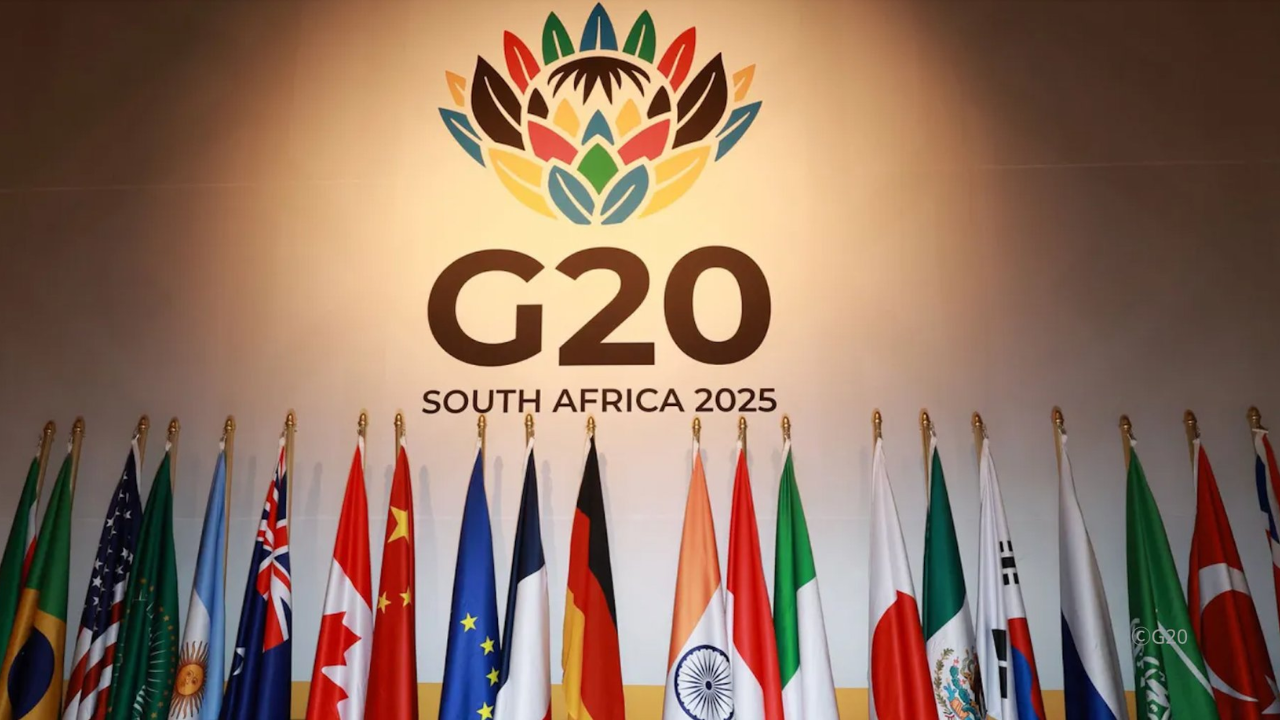Johannesburg (TDI): Leaders from around the world have gathered for the first-ever G20 summit on African soil, as South Africa hosts a high-stakes gathering to rethinking global priorities. South Africa’s ambitious agenda centers on reducing inequality between rich and poor nations.
Host President Cyril Ramaphosa has put forward bold proposals, including increasing aid to vulnerable countries affected by climate disasters, reducing the debt burden, accelerating green energy transitions, and using Africa’s crucial mineral resources to achieve sustainable development.
However, the summit’s momentum is hindered by a significant diplomatic rift. President Donald Trump has called for a full US boycott, accusing South Africa of racial discrimination against its Afrikaner community. The summit’s unity and influence have been called into question again due to Washington’s absence.
Although Trump’s boycott dominated conversations before the meetings and threatened to overshadow the agenda, several world leaders appeared eager to move past the disagreement.
French President Emmanuel Macron said he regretted Trump’s absence but emphasized that it should not derail the summit’s work.
Read More: All You Need to Know About Trump’s Boycott of G20 Summit in Johannesburg
“We must show up, engage, and move forward together because the challenges we face are enormous,” he said.
The G20, group of 21 members that includes 19 countries, the European Union, and the African Union, represents about 85% of the global economy, 75% of international trade, and over half the world’s population.
Established in 1999 to bring together developed and developing economies, the bloc works by consensus, a difficult task given the competing interests of members such as the US, China, Russia, India, Japan, European nations, Indonesia, Saudi Arabia, and South Africa.
Ramaphosa has vigorously resisted US pressure, maintaining that South Africa will publish a unified declaration at the end of the summit, despite Washington’s demands for a toned-down statement.
“We will not be bullied,” he said, adding that the talks are going well. As the summit unfolds, South Africa is determined to make its mark, bidding to shift the balance of global diplomacy and ensure that the voices of Global South are heard loud and clear.
Minahil Khurshid holds a Master's in Peace and Conflict Studies from NUST. She is passionate about current affairs, public policy, and geopolitics.




